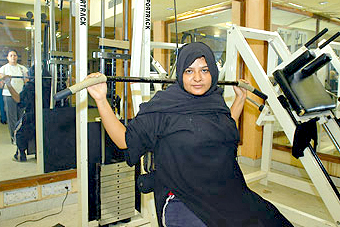 India is the 3rd most obese nation in the world. The country houses at least 41 million overweight people.
India is the 3rd most obese nation in the world. The country houses at least 41 million overweight people.
India being a third world and rather poor country wouldn’t be high on people’s mind when it comes to obesity.
When India is mentioned, people mostly think of malnutrition and poverty. Though it is still true in most cases, but with increasing affluence at least in metros and their suburbs and the newly acquired wealth, there is an increasing middle class in the making.
Some people claim that this middle class is already 200 million strong. Though this may not be true right now but there is no denying the fact that a part of the population is indeed a lot better and can afford decent living.
It will be a revelation of sorts for most people that there are as many as 41 million obese people in the country. After United States, China this is the third highest number and the Indian government should devise a workable plan to fight this menace, a latest study says.
The report that has been titled rather too long says that along with China and the US the trio makes around 15 percent of world’s total obese population. The study has been titled as “Global, regional, and national prevalence of overweight and obesity in children and adults during 1980-2013: a systematic analysis for the Global Burden of Disease Study 2013.
Christopher Murray, director of IHME says that “In the last three decades, not one country has achieved success in reducing obesity rates, and we expect obesity to rise steadily as incomes rise in low and middle income countries in particular, unless urgent steps are taken to address this public health crisis”. The study has concluded that the number of overweight and obese individuals globally has increased from 857 million in 1980 to 2.1 billion in 2013. This is one third of the world’s total population.





Comments
Add new comment